FGN Settles $5.2bn Claim For $496m, Securing 91% Cut
The Federal Government says it has settled a multi-billion dollar claim of $5.258 billion in mediation under the International Chamber of Commerce (ICC) ADR framework for $496m.
The claim was brought against the Nigerian government in respect of contracts for the ownership and control of its steel and iron ore sectors entered into between 2004 and 2007. The settlement agreement came into effect on August 19, 2022.
According to Abubakar Malami, the attorney-general of the federation and minister of justice, “in reducing the claim brought by the international firm of King and Spalding, legal representatives of the Global group, by 91 percent, the FGN has left precious little on the table. The administration of President Muhammadu Buhari, has by this settlement, rescued the Nigerian steel industry from interminable and complex disputes with a foreign investor group in the steel space – Global Steel Holdings and Global Infrastructure Steel.”
The Global Group had acquired contractual rights to Nigeria’s entire state steel industry between 2004 and 2007 via five major (concession and share purchase) contracts that embraced Ajaokuta steel, Delta steel, the nation’s reserves of iron ore, and central railway.
In 2008 the Umaru Yar’Adua’s administration proceeded to terminate the contracts but Global Steel, in consequence, took the government to the International Chamber of Commerce, Court of Arbitration, Paris, commencing arbitration in 2008.
Read also: Tinubu’s Alpha Beta, accuser seek out of court settlement, lawyers says
However, ill-fated attempts at settlements lasted from 2011 to 2020. In May 2020, Global Steel threatened a resumption of the ICC arbitration in abeyance and announced an anticipated claim in damages of $10 to $14 billion against the Nigerian state.
The settlement negotiated under the constitutional auspices of the office of the minister of justice had the active involvement and support of Olamilekan Adegbite, minister of mines and steel development, and the minister of finance, budget, and national planning, Zainab Shamsuna Ahmed.
Tunde Ogowewo, a barrister (and senior academic at King’s College London), advised the government throughout the process.
The report of the lawyer and academic which goes over 1000 pages is now being recommended as a guide to successive Nigerian governments on how to avoid such contractual disputes and where they occur, and how to reach cost-effective savings for the benefit of the Nigerian taxpayer.
According to Olamilekan Adegbite, minister of steel and mines, “future arrangements – sale or concessions – must be carried out with the interest of the nation at heart and in compliance with the law. If we fail, our steel sector will produce more litigation than steel.”
The minister of finance, budget, and national planning, who was keen to ensure that the national debt was not vastly increased through contractual liabilities stated: “our national debt is not only a function of sovereign borrowings – it is swelled by legal claims brought as a result of contractual disputes. Terminating bad contracts is often as costly as entering into bad contracts.


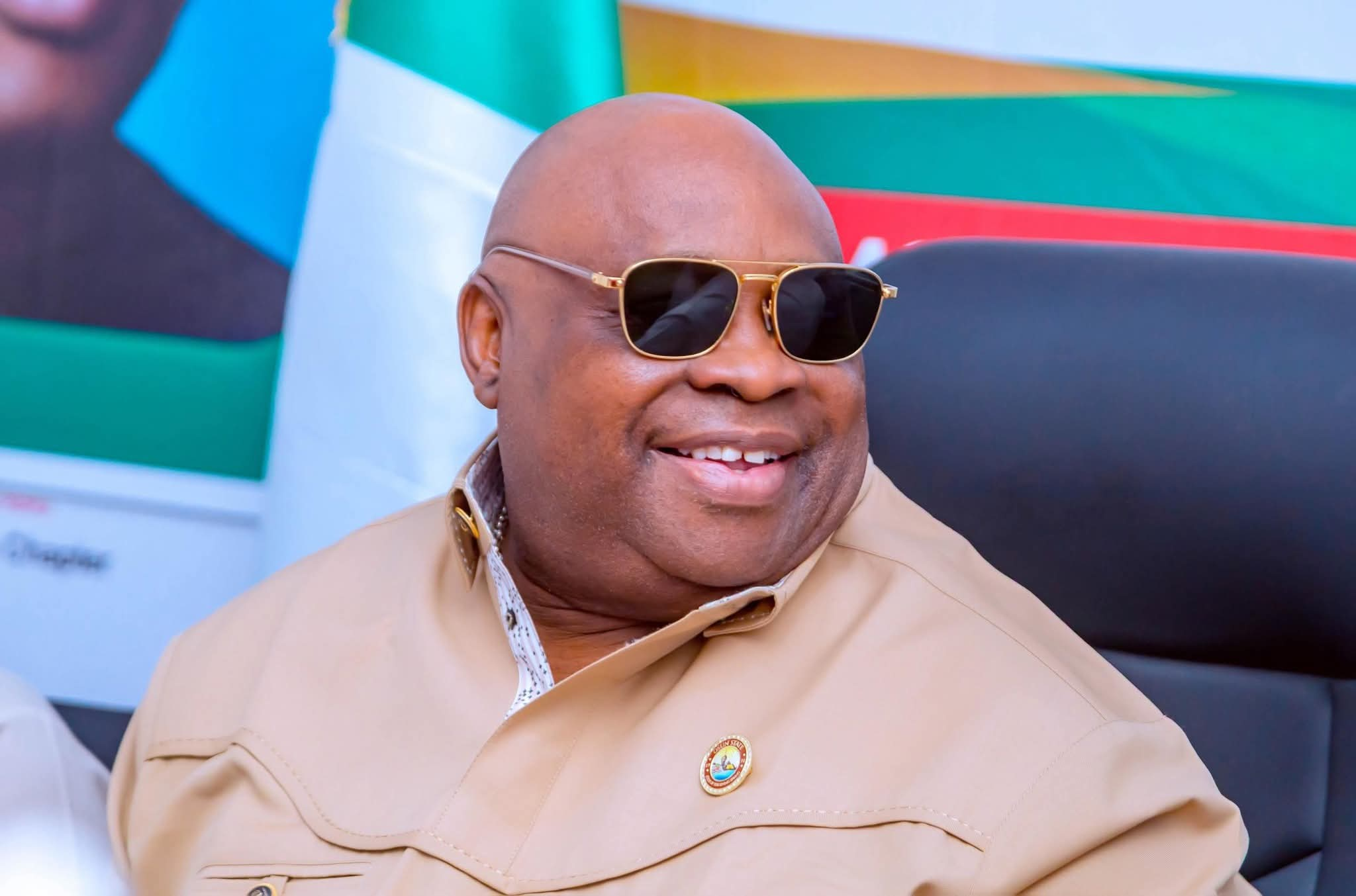
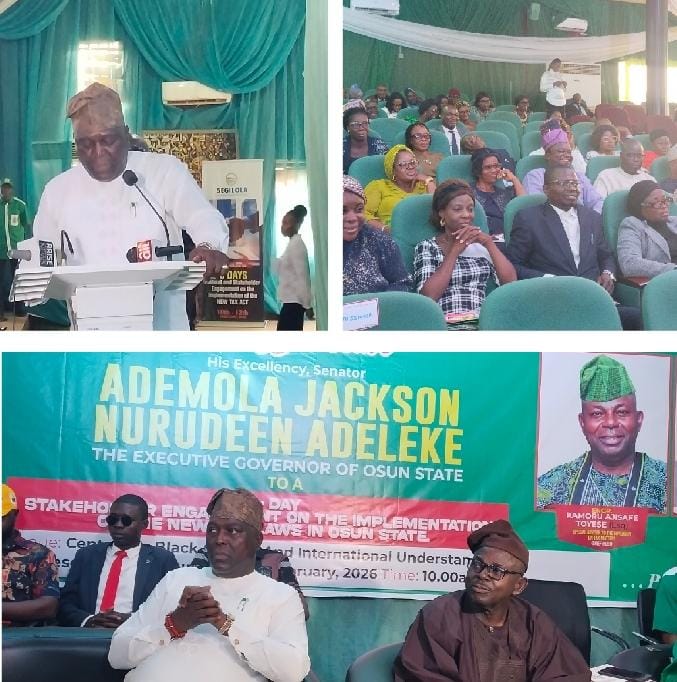


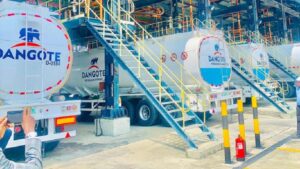


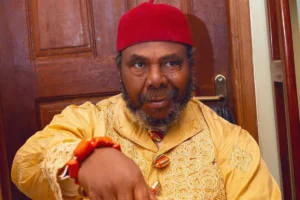
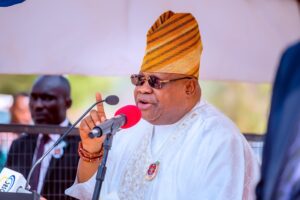




Post Comment